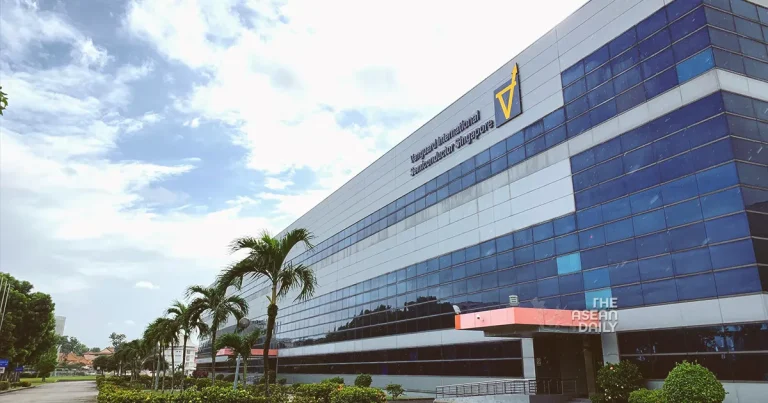23-10-2023 (SINGAPORE) Vanguard International Semiconductor, an affiliate of Taiwan Semiconductor Manufacturing Co. (TSMC), is on the verge of a momentous decision – the establishment of its most advanced chip plant in Singapore. This strategic move is geared towards meeting the burgeoning demand for chips used in the automotive industry.
This impending overseas expansion plan is a significant step for Vanguard International Semiconductor (VIS), a specialty contract chipmaker. TSMC, the world’s most prominent chipmaker, holds a substantial 28.3% stake in VIS.
VIS’s decision to establish a 12-inch chip plant reflects a pivotal strategy to cater to the rising need for relatively mature chips that are integral to the electrification of cars and various other electronic devices. It also responds to the growing demand for mature chip supplies in locations beyond China due to escalating geopolitical tensions. As one supply chain executive familiar with the situation observed, “VIS also sees increasing demand for mature chip supplies in places outside of China due to geopolitical tension.”
In an era where semiconductors have evolved into a matter of national security, numerous governments worldwide are pressuring companies, particularly those in Taiwan, the epicenter of Asia’s chip industry, to diversify their production away from the island.
The envisioned investment in Singapore will be the largest made by VIS in years, with sources disclosing that it is estimated to be at least $2 billion. In comparison, VIS’s capital expenditure for this year will be less than NT$10 billion ($309 million), whereas it was NT$19.4 billion in 2022.
VIS’s Chairman, Leuh Fang, indicated earlier this year that the company was contemplating the construction of a new 12-inch plant either in Taiwan or Singapore. He underscored that demand from U.S., European, and Asian customers has been escalating for non-China-based production of mature chips to mitigate geopolitical risks.
Until now, VIS has primarily operated 8-inch chip facilities, which are considered mature and less advanced than the 12-inch counterparts. The company has built a reputation as a highly reliable manufacturer of display driver ICs and power management chips.
The size mentioned (inches) pertains to the diameter of the wafers on which chips are fabricated. Most contemporary chip plant expansions are designed to accommodate 12-inch (or 300-millimeter) wafers, as this larger size yields greater output per wafer. Chipmaking equipment manufacturers predominantly produce machines for 12-inch wafers.
While 8-inch plants are not considered advanced in the conventional sense, they continue to produce chips that are essential for a variety of electronic devices. In contrast, VIS’s planned 12-inch facility will not focus on cutting-edge chips, akin to those produced by its parent company, TSMC. Instead, it will prioritize the production of mature, long-lasting chips tailored for the growing automotive and industrial applications.
The new plant’s proximity to the facility acquired from GlobalFoundries in Tampines, Singapore, is advantageous. This location is situated just a 10-minute drive from Systems on Silicon Manufacturing Co. (SSMC), a plant jointly owned by NXP and TSMC.
Singapore’s semiconductor landscape is experiencing a surge in expansion plans, with United Microelectronics Corp. (UMC), Taiwan’s second-largest contract chipmaker, developing a $5 billion plant in close proximity. GlobalFoundries and Applied Materials are also expanding their presence in the city-state.
The expansion ambitions of VIS coincide with TSMC’s ongoing overseas expansion efforts in the U.S., Japan, and Germany, aimed at providing customers with a more resilient supply chain.
VIS’s Chairman, Fang, possesses prior experience in managing plants in Singapore, having previously served as the vice president of SSMC.
TSMC founder Morris Chang recently identified Singapore and Japan as “ideal” locations for gaining shares in the global chip market, particularly as nations across the globe seek to bolster domestic chip production. Nevertheless, Chang acknowledged that Singapore faces challenges related to limited resources such as land, water, and electricity.
VIS, stated that it does not “rule out any possibility” regarding its expansion plans but declined to provide further comments due to the quiet period preceding quarterly earnings.




